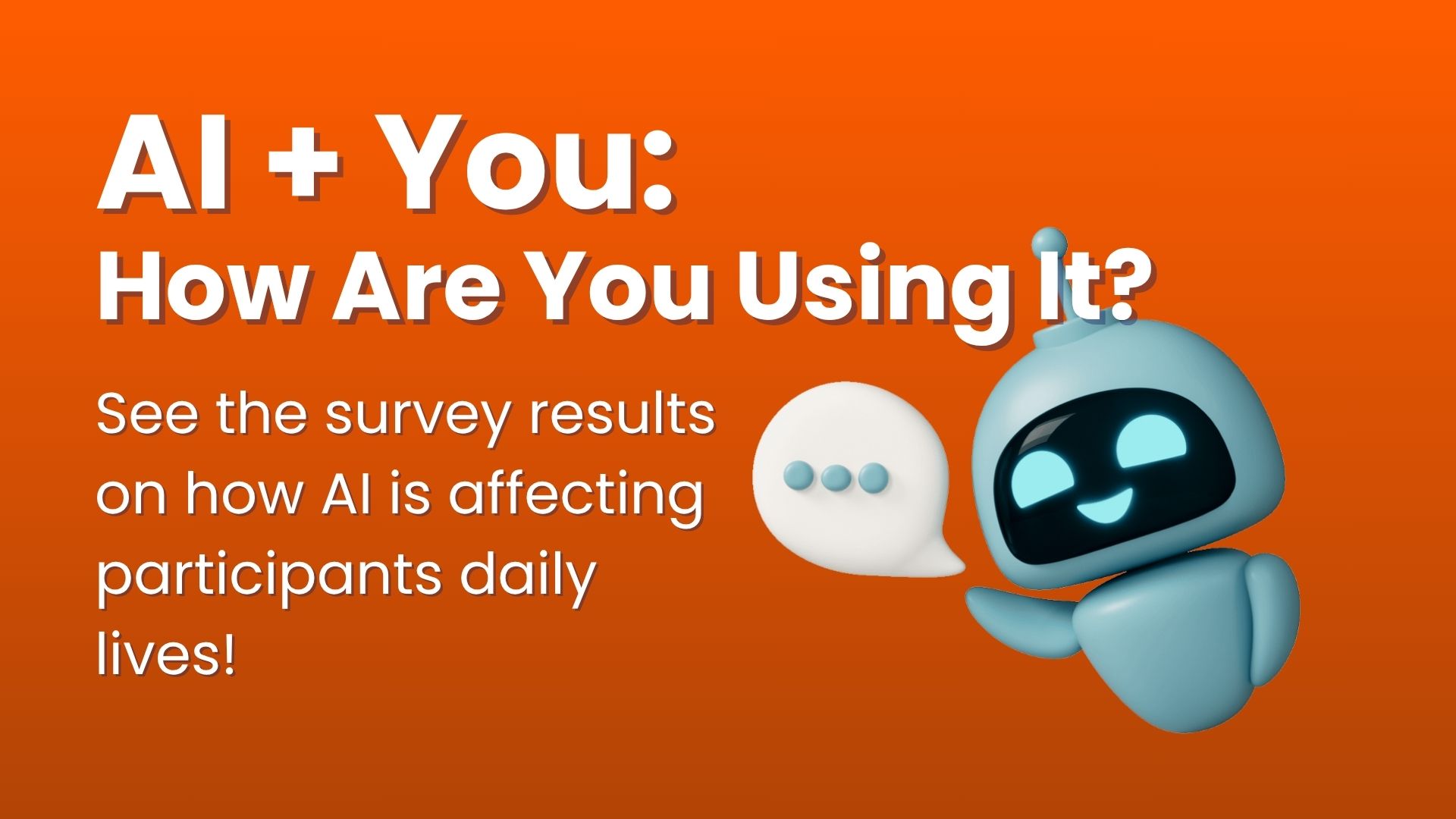Understanding the unique buying habits of different generations is crucial to designing strategies that resonate, increase brand awareness, and ultimately revenue. Boomers, Gen X, Millennials, and Gen Z each bring distinct preferences and values to the marketplace. Let’s break down their shopping habits, highlight the key differences, and explore how brands can craft targeted strategies that truly connect.

Baby Boomers (1946-1964): The Loyal Traditionalists
Boomers are all about quality, reliability, and getting their money’s worth. Many in this generation are either retired or planning for retirement, and while they may hold significant purchasing power, they’re careful about how they spend it. In-store shopping still reigns supreme for Boomers—a whopping 84% prefer brick-and-mortar stores (Nielsen). Why? They appreciate personalized customer service and like to see, touch, and feel products before buying.
Don’t underestimate their online presence, though. Yes, they were slower to jump on the e-commerce train, but now 60% regularly shop online, especially for travel, healthcare, and household goods (Pew Research). And once a Boomer finds a brand they trust, they stick with it—68% are loyal to their favorite brands (Statista). For marketers, that means consistency and trustworthiness are key.
Gen X (1965-1980): The Pragmatic Multitaskers
Gen X is the ultimate hybrid shopper. Balancing

Often overlooked but incredibly influential, careers, families, and side hustles, this group thrives on convenience and efficiency. They’re tech-savvy but remember life before the internet, making them the bridge between traditional and digital shopping.
Gen X loves options—72% engage in omnichannel shopping, blending online and in-store experiences seamlessly (Google Consumer Insights). They read reviews, compare prices, and are willing to switch brands if there’s a better deal on the table (65% will jump ship for better value, GWI). Marketers should focus on transparency, competitive pricing, and easy-to-navigate platforms.

Millennials (1981-1996): The Experience-Driven Digital Natives
Millennials are reshaping the marketplace with their desire for experiences, sustainability, and convenience. They grew up during the rise of the internet and social media, making them the original digital natives. It’s no surprise that 67% prefer online shopping, with mobile purchases accounting for 54% of their buys (Statista).
Social media isn’t just for fun—it’s a driving force behind their purchasing decisions. A staggering 78% say social platforms influence their buying habits (HubSpot). Subscription services? They’re all in—31% of Millennials regularly use them (McKinsey). For brands, this means a strong social presence, mobile-friendly websites, and values-driven messaging are non-negotiables.
Gen Z (1997-2012): The Ethical Digital Natives

Gen Z is rewriting the rules of engagement. This generation grew up with smartphones in hand and has an unshakable commitment to authenticity, diversity, and ethical practices. Social commerce is their playground—60% discover new products on TikTok, Instagram, and Snapchat (Forbes). They’re also more likely to shop via mobile than any other generation (71%, Think with Google).
What sets Gen Z apart is their willingness to pay more for products that align with their values—73% will shell out extra for sustainable and ethically sourced items (First Insight). Brands that prioritize transparency, social impact, and inclusivity will win their loyalty.
Crafting Strategies That Resonate
Understanding generational differences isn’t just insightful—it’s essential. For Boomers, focus on traditional advertising, direct mail, and stellar in-store experiences. Gen X values seamless omnichannel options and clear value propositions. Millennials need engaging social content, easy mobile shopping, and sustainability initiatives. And for Gen Z? Meet them where they are—on TikTok, Snapchat, and platforms that celebrate authenticity.
By respecting and adapting to these generational insights, marketers can create campaigns that not only drive sales but foster lasting brand loyalty. The future belongs to those who listen, adapt, and engage their audience where they live, work, and shop.
Let’s talk about your marketing strategy! Shoot me at email at jennifer@weareyourcompass.com and let’s get started today.










